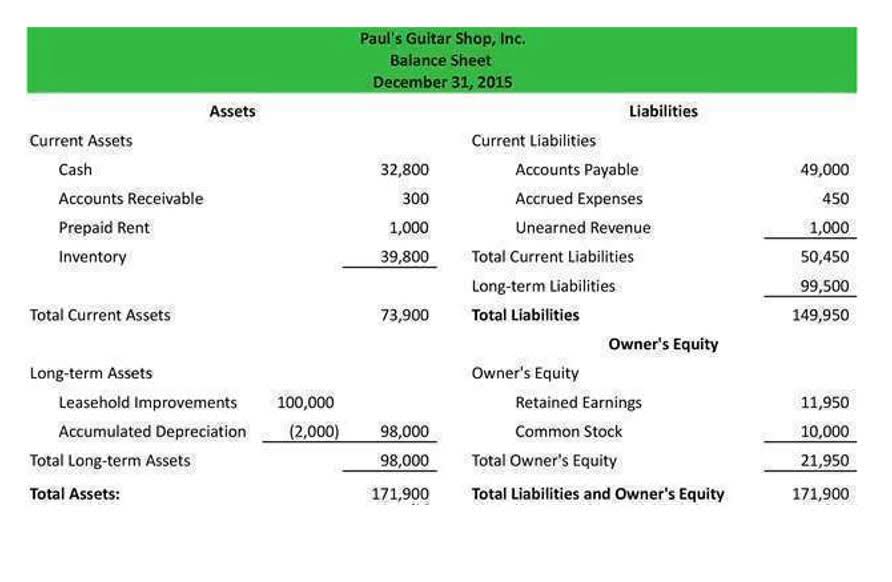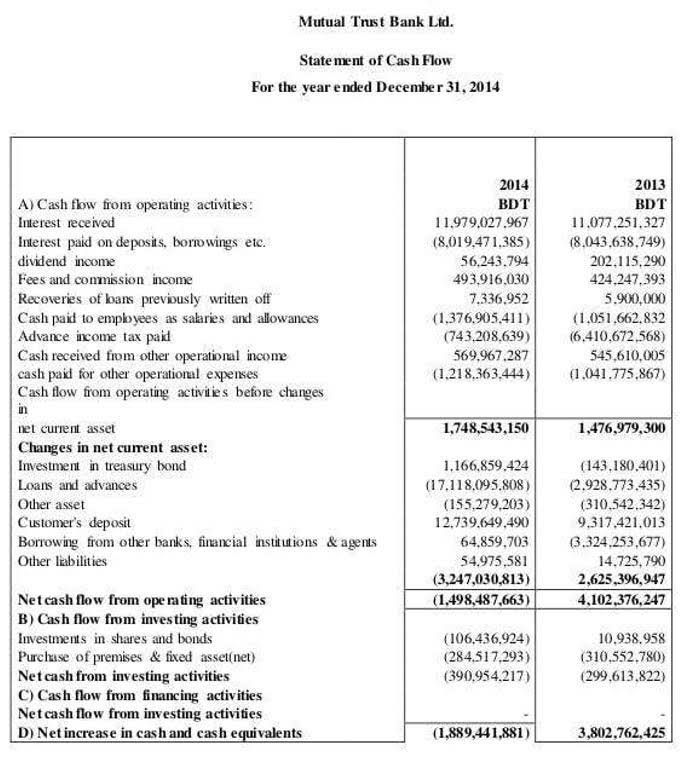
You don’t get any more revenue from that client for the rest of the year. That really doesn’t reflect reality, because bookkeeping for cleaning business you still need to deliver that service for the rest of the year. With accrual accounting, you would recognize $10,000 of that revenue each month. The remainder would stay on your balance sheet as deferred revenue. That makes your income more accurate and predictable, and investors prefer to see that regular revenue. We recommend QuickBooks Online (“QBO”) as the right bookkeeping software for startups and high-growth small businesses.
- To ensure your startup is profitable, all you need is a solid understanding of the accounting basics.
- If you are looking for a startup accountant, look for a provider who knows your particular business model, as different types of early-stage companies have accounting particularities.
- Plus, there are some states that require businesses to use the accrual method for their accounting.
- You might also have negative cash flow in a given month, but because you’ve invested in future projects, this may not be a bad thing at all.
- Spendesk provides payment methods for modern businesses, and a powerful platform for finance teams to manage spending.
- It may seem annoying, but clear books can actually be a wealth of information about your own business.
Accounting for Startups: The Founder’s Guide (

With accrual accounting, you only recognize $1,000 of the $6,000 each month. What’s left would remain on your balance sheet as deferred revenue. This approach gives a more accurate and predictable view of your income. As a startup founder, you’ll need to choose early on whether to spend your valuable time on accounting and bookkeeping tasks, or to outsource to the experts. Starting with solid accounting practices ensures your startup is ready to face challenges, impress investors, and grow confidently. Meantime, before you can start accounting, you’ll need to make a few decisions about your business structure.
Separate Your Personal and Business Finances
- A startup accounting firm has the expertise to know where you can and can’t make these sacrifices.
- Accounting software can be costly and complex, but most startups won't need such specialized software.
- If you’re a publicly traded company, however, the equation is slightly different to reflect shareholders’ equity.
- It might be easy to grab your personal card for a business lunch or office supplies, but stick to using the business accounts only.
- In the early stages of a startup, you may not need a full-time accountant if your financial needs are simple.
- Once your team is large enough, you may choose to have in-house accountants as part of a wider finance team.
While it is not strictly necessary to focus a ton of energy on accounting in the early days of a business, failure to pay any attention at all might cause problems down the line. We’ve seen the importance of receipts – both for detailed bookkeeping and in the eyes of the tax authorities. But collecting receipts from colleagues is one of the most painful parts of a finance team’s routine. The three key statements work together, and you’ll find lines from one in the other.
Struggling to Expand Your Offshore Team? Here’s How to Nail It

But what if the software you’re considering doesn’t support a critical integration? In that case, check if it offers APIs or third-party connectors like Zapier, which can help bridge the gap. Otherwise, a lack of integration with essential tools could be a red flag, leading to more manual work and data silos. When building an early-stage startup, time is your most valuable resource. Finding the right tools that help you focus on growing the business without getting too stuck in the weeds is essential.


Investors will demand financial reports from you if you have them. Bookkeeping and accounting are both numbers-related, but they’re different. Other funding alternatives include peer-to-peer lending, angel investors, or crowdfunding. So, your best bet as a small startup owner would be borrowing from a close circle of friends and family or investing your own money.
They may DIY their books, but should work with a CPA firm to file taxes and ensure state and local tax compliance. VC-backed businesses typically choose to outsource their bookkeeping and tax preparation/compliance to experienced CPA firms. A bookkeeper typically focuses on processing and recording transactions, including things like invoices, receivables, payments, and other essential functions. As your startup grows, you’re going to need a greater degree of accounting services for startups accounting proficiency to create budgets, handle your financial statements, develop forecasts, and provide reports to your board.
Nearshore or Offshore Outsourcing? Here’s What You Need to Consider for Software Development
You will need to manage human resources, mitigate risks, and satisfy employees, all of which will cost you money. In addition to supporting accounting and planning functions, most ERPs come ready to integrate with other software and apps that generate data about your business. Whether you have a CRM solution like HubSpot, Salesforce, etc. or a WMS solution like Softeon, you can likely feed data from your software and apps into your ERP. Equity normal balance gives an investor a percentage claim on your business’s value. Debt, or a business loan, gives an investor a stream of interest-bearing repayments for the life of a loan.
